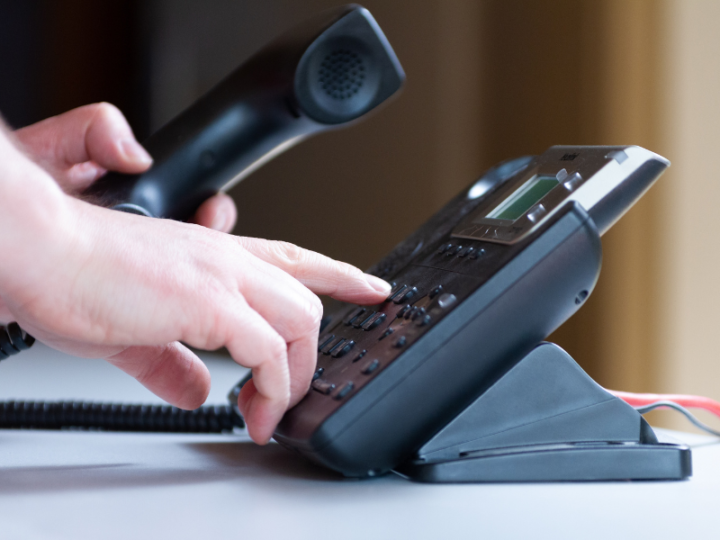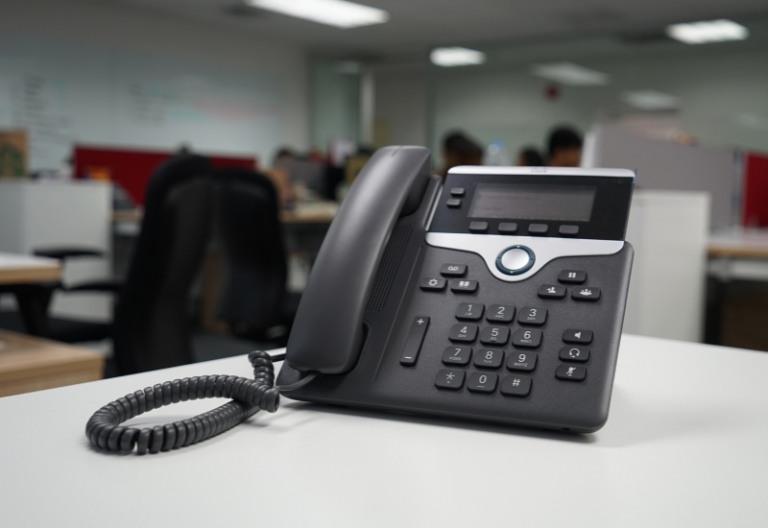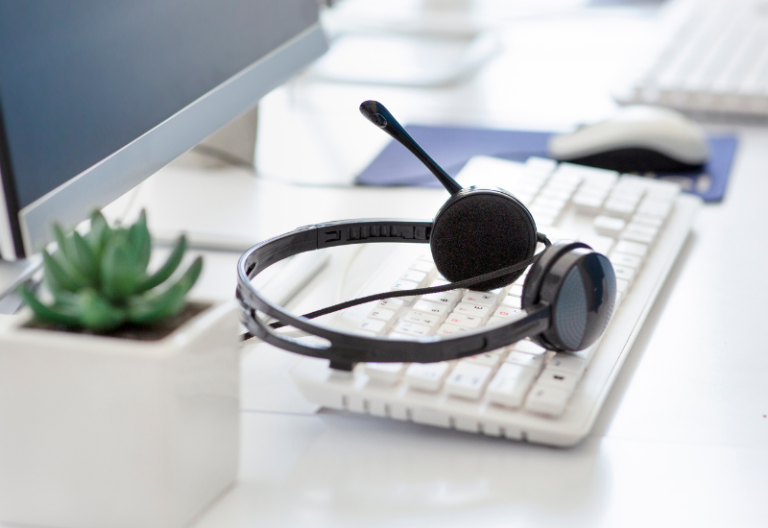Securing PBX systems is especially important for businesses that handle sensitive information. But what exactly is a PBX system, and how do you ensure its security?
Below, you will find out why securing PBX phone systems is necessary and how to protect your data from potential security threats.
Table of Contents
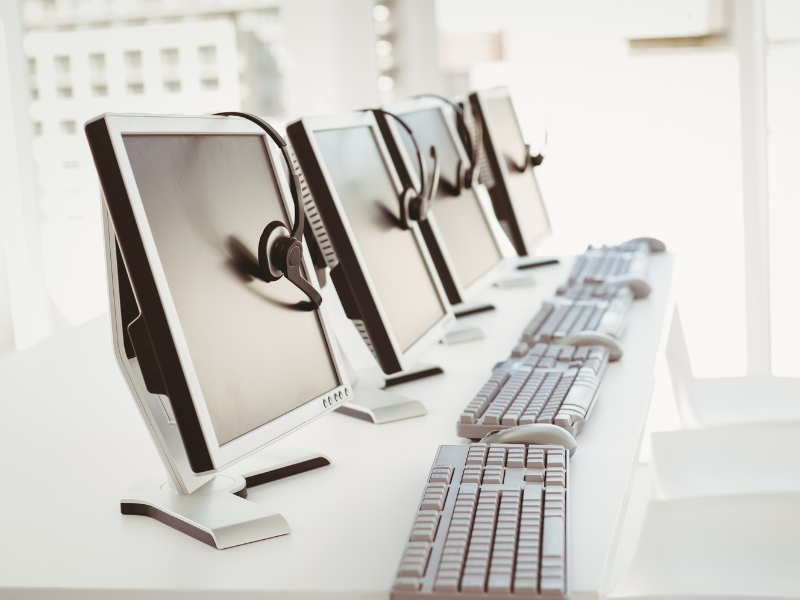
What Are Secure PBX Systems?
Secure PBX systems ensure that voice and data communication in an organization remains confidential, available, and complete. A PBX or private branch exchange phone system is a private network connected to the internet. Organizations and businesses use it to manage phone calls and internal communications.
Many PBX systems offer advanced features you will not find in traditional phone lines, such as voicemail or video calling.
How to Secure Your PBX Systems
Businesses should also do their part to secure their PBX system. Implement general mitigations and follow best practices, such as using strong passwords.
The National Cyber Security Centre recommends these ways to ensure your PBX systems are safe from cyberattacks:
Use strong passwords
Implement complex passwords with a mix of uppercase and lowercase letters, numbers, and special characters. Avoid guessable passwords such as “password123” or your birthday. To ensure your password is safe, regularly update them and avoid using the same password across multiple accounts.
Set up two-step or multi-factor authentication
Enabling MFA reduces the risk of unauthorized access if your passwords are compromised. Besides entering a password, implement an additional verification method. Secure PBX providers will allow you to send temporary codes to your mobile device or use an authentication app.
Examine your PBX contract before signing it
Carefully review the terms and conditions of your vendor. Check their security measures, data privacy policies, and liability clauses. The vendor should be able to provide clear protocols in case of data breaches and cyberattacks.
Contact your PBX system vendor if your system is compromised
If you notice unusual activity, such as unauthorized calls or changes in call routing, contact your vendor immediately so they can promptly investigate and mitigate the security breach.
Contact your bank for fraudulent transactions
In case of toll fraud or other phone scams that lead to unauthorized transactions, contact your bank immediately. Report the incident and follow their instructions to minimize your financial losses.
Report data breaches to the concerned agencies
The Federal Communications Commission Data Breach Reporting Requirements (effective March 13, 2024) require US telecommunications and VoIP providers to report data breaches to notify the Commission, Secret Service, and FBI no later than seven business days. For regulated industries in the US, HIPAA Journal recommends reporting security incidents to the state Attorney General or the Department of Health and Human Services. These agencies will review and check for possible HIPAA violations.
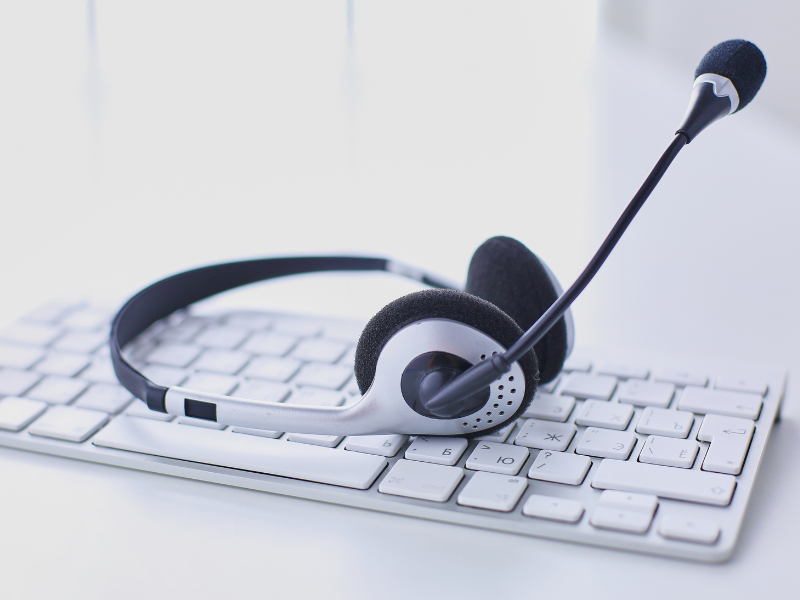
Importance of Security in PBX Systems
A secure hosted or on-premise PBX system is vital in any organization. Like any other system connected to the internet, these systems are vulnerable to cyber attackers who might steal sensitive information or set up scam lines. The Press and Journal reports how a business accrued a £12,000 bill after their phone system was hacked. Aside from hacking, phone systems can also be vulnerable to Distributed Denial of Service (DDoS) attacks. The Register reports that UK-based VoIP Unlimited suffered large-scale DDoS attacks that impacted its services. At the same time, the ransomware gang attacked other UK VoIP providers.
Features of Secure PBX systems
Here are the common features and practices that contribute to the security of PBX systems:
Encryption
Secure PBX systems use robust encryption to protect data transmissions from unauthorized access. Standard encryption methods include Secure Real-Time Transport Protocol (SRTP), Transport Layer Security (TLS), HTTP Secure (HTTPs), and Advanced Encryption Standard (AES). Businesses can also implement Virtual Private Networks (VPN) to add an extra layer of security to their system.
Access controls
The vendor should include features restricting access to the PBX to only authorized users. For instance, it should be able to use multi-factor authentication, administrative controls, and role-based access. This keeps your data safe from intruders.
Physical security
Secure PBX system providers implement various physical security measures. On-premise PBX providers should restrict physical access to PBX equipment by using card readers, biometric systems, or keypads. Cloud PBX systems should guard data centers and their infrastructure as well. They should ensure limited access points and use surveillance cameras and intrusion detection systems. In case of unexpected incidents, the PBX system should implement redundancy and failover measures to ensure that data remains accessible and available.
Monitoring and auditing
Secure PBX systems implement system monitoring to identify and respond promptly to suspicious activities. Some vendors provide a webpage to view the system status and check for security incidents. Vendors should also include features such as call logs, alerts, and activity reports so you can quickly check for potential vulnerabilities.
Vendor support
The PBX system vendor should be able to provide users with real-time support in case of security incidents. Some vendors offer 24/7 live support through phone and chat, which is essential if you run into system failures, data breaches, and technical problems. Vendors should also regularly release security patches to address potential vulnerabilities in their systems.
HIPAA compliance
Regulated industries such as healthcare and finance need to comply with HIPAA law. This federal law requires covered entities and business associates to implement strict data privacy and security protocols to safeguard sensitive information. A secure PBX provider should be able to provide advanced security features and a Business Associate Agreement (BAA) to comply with HIPAA standards.
Choose Secure PBX Systems
Always choose reliable private branch exchange system providers with a strong track record in securing their clients’ data. Whether traditional, analog, digital, hosted cloud, virtual, on-premise, or hybrid PBX, your chosen provider must meet your specific needs.
Regardless of the PBX you choose, always ask about the vendor’s security features and read the fine print in your contract. In cases of security incidents, your service provider should be able to put their commitment to data security in writing and provide the necessary support to ensure that your data remains confidential and private.




